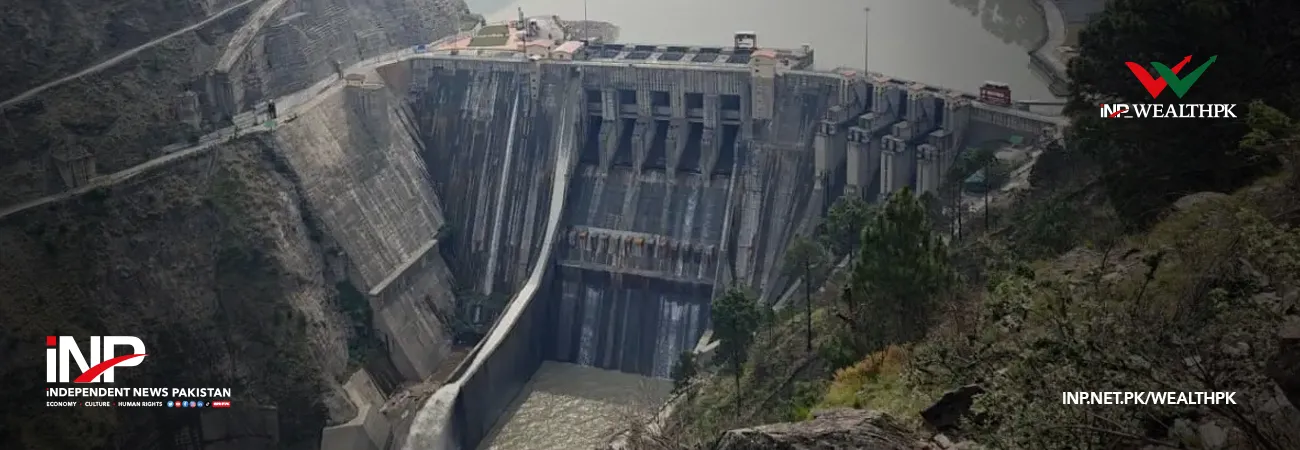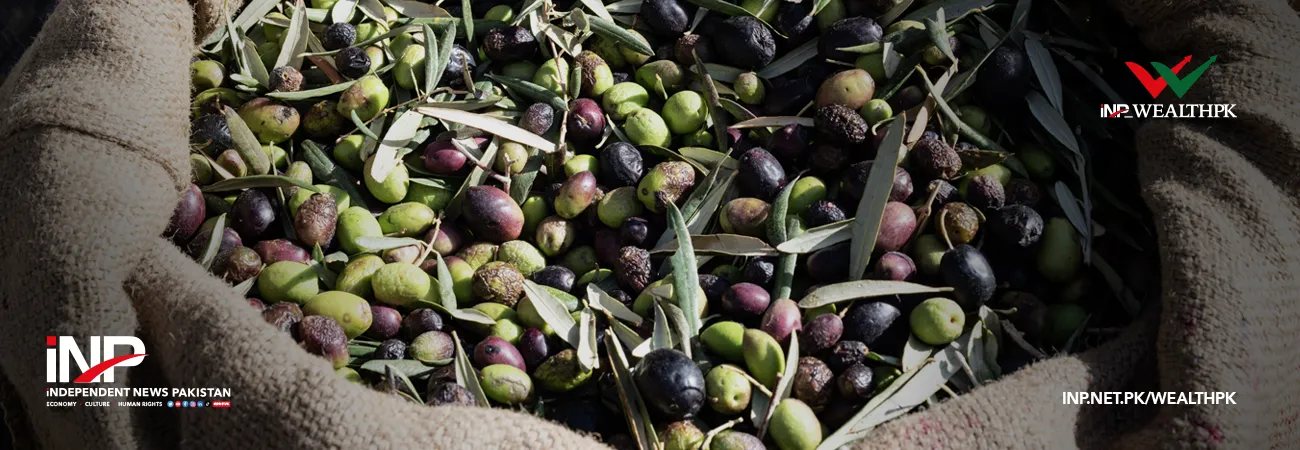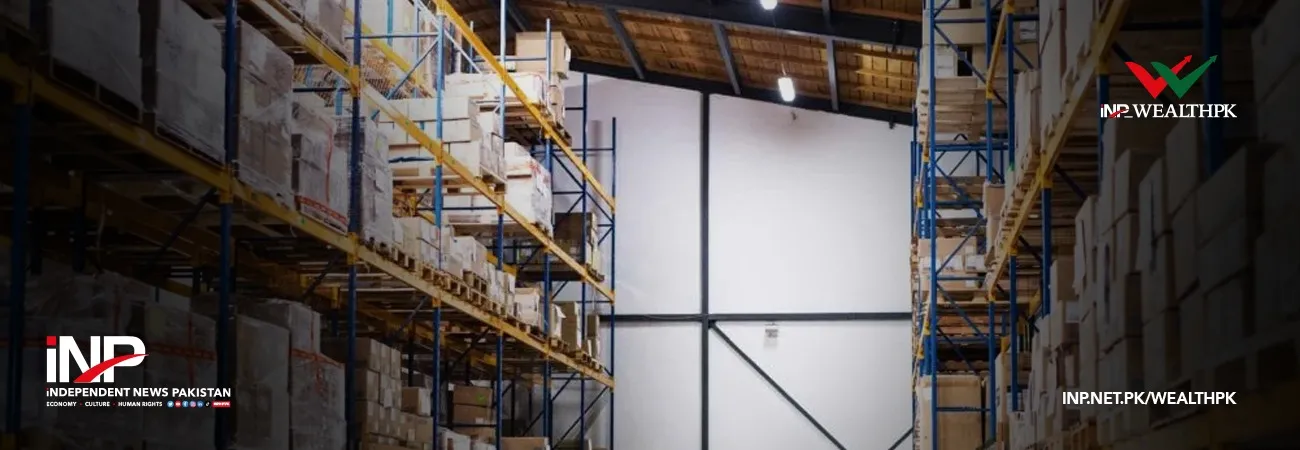INP-WealthPk
Ahmed Khan Malik
As the Sindh government prepares for Budget 2025-26, industrialists and business associations across the province call for introducing strong incentives to revive economic activity, enhance industrial productivity, and create employment opportunities, reports WealthPK.
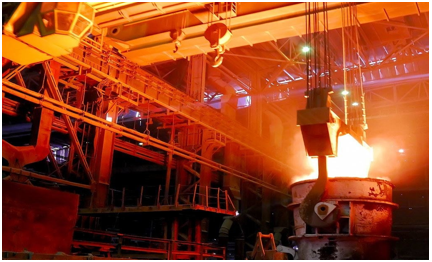
“With rising inflation, high utility costs, and an uncertain investment climate, stakeholders believe a focused industrial policy backed by budgetary support is essential to keep Sindh’s economy on track,” they said.
The demand for incentives spans across multiple sectors, including textiles, manufacturing, agriculture, and small and medium-sized enterprises (SMEs). Industrialists argue that unless immediate relief measures are introduced, many businesses will be forced to scale back operations or shut down altogether.
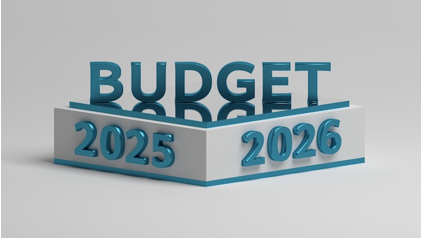
“The industries in Sindh are under severe pressure. Without targeted support in the upcoming budget, we may see a further decline in output and employment,” said Moeenuddin, member of the Hyderabad Chamber of Commerce and Industry. He pointed out that one of the most urgent demands of the business community is tax relief.
Export-oriented industries, particularly in Karachi and Hyderabad, are also calling for the restoration of energy subsidies withdrawn in the recent years. These sectors argue that without competitive electricity and gas tariffs, they cannot compete in international markets. Infrastructure is another critical area where industrialists are expecting the provincial government to step up.
Many industrial zones across Sindh face poor road conditions, irregular water supply, and inadequate waste management. He argued that improved infrastructure would reduce production costs and attract much-needed investment. He also called for the establishment of new industrial parks equipped with modern facilities, especially in underdeveloped regions of the province.
Sanaullah Khan, Secretary of the SMEs Association Sindh, said the SME sector, which forms the backbone of Sindh’s economy, has made a special appeal for access to low-interest loans, skill development programs, and simplified business registration procedures. “Many SME owners claim that the existing regulatory framework is overly complicated and discourages new entrants.
They are advocating a one-window operation to streamline permits, tax filings, and compliance requirements,” Sana said. He said women entrepreneurs and youth-led startups are also seeking targeted incentives in the form of grants, incubation centers, and mentorship initiatives. These groups argue that inclusive economic policies will lead to a more diversified and resilient industrial base, he added.
In response to these demands, the Sindh Finance Department said it is in consultation with various industry stakeholders and chambers of commerce. “The department is evaluating multiple proposals to ensure the upcoming budget supports industrial growth and job creation,” Sanaullah told WealthPK, sharing details of his meetings with government officials.
With Sindh’s economy facing challenges from both domestic and global fronts, the upcoming budget presents a vital opportunity for the provincial government to chart a course toward sustainable growth, he said. If the demands of the industrial sector are met with actionable support, it could not only revive struggling businesses but also position Sindh as a hub of economic activity.
Credit: INP-WealthPk





